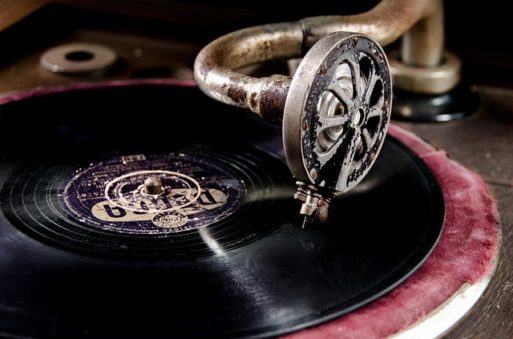As a person gets closer to death, they can begin a type of noisy breathing that sounds like a wet snore. Called the “death rattle,” it can be difficult to listen to. Thankfully, it is not too common.

Credit: ivanacalado.wordpress.com
Because it’s not a nice sound, the family can fear that the dying person is struggling to breathe. The good news is that it’s the ones listening at the bedside who are uncomfortable, as the person is usually in a peaceful coma when the death rattle starts.
Some common causes of the so-called death rattle are:
- The swallow and gag reflex disappear when a person is close to death. So the moisture in the air can combine with saliva and eventually collect on top of the larynx. This accumulated fluid then ‘bubbles’ when breathing in and out, creating the noise we call the death rattle.
- When a person is in heart failure or has received excess intravenous fluids, the body can experience an overload of fluid, which can back up into the lungs.
What Can You Do About It?
Sometimes elevating the head of the bed or turning the person on their side can help by shifting the fluid. I don’t recommend suctioning the lungs at this point because that is invasive and uncomfortable, and the fluid will eventually come back. It’s better to stop fluids that no longer promote comfort. There are also medications that can dry the excess secretions and decrease or stop the noise.
My preferred intervention is to override the death rattle with a more pleasant sound. Make use of the fact that the hearing is the last to go. Share your favorite stories; sing; read out loud; laugh or pray. That will infuse the room with more positive energy at an otherwise difficult time. The use of music also can be beneficial, but deserves a note of caution:
In choosing the music, make sure it is what the dying person likes. I told my sons that if they put on rap music while I am dying, I will come back and haunt them forever. To prevent this, I’m providing a play list for when my time comes.

Credit:pixabay.com
Tired of listening to his cowboy oldie songs, Grace decided to play her favorite opera to provide her some comfort while she tended to her dying husband, Gene. Although unresponsive for the past 3 days, Gene opened his eyes and exclaimed, “I hate opera!” before returning to a comatose state.
Some well-intentioned people turn on a TV to create noise so the person does not feel alone, or to override a noisy death rattle. But this may not create the peaceful environment you seek. Does a person who is dying need to hear about the war, elections or pollution from a news show? In the delirium of dying, the risk is that scenes on TV can become incorporated into that person’s dying experience. For example, listening to a cop show may cause the dying person to think someone is threatening them or their family.

Credit:pixabay.com
Get creative! What other sounds did the person who is dying previously enjoy? Consider the recording of a favorite football game; meditative music; sounds of nature; or recordings of the family telling stories or sharing why they love him or her? Explore the sounds that bring joy or peace, providing music to their — and your — ears.
Join SevenPonds each month as Tani Bahti, RN, CT, CHPN, offers practical on-hand guidance to demystify the dying process. As an RN since 1976, Tani has been working to empower families and healthcare professionals to have the best end-of-life experience possible both through education and the development of helpful tools and resources. As the current Director of Pathways, Tani is also the author of “Dying to Know, Straight Talk About Death and Dying,” considered by SevenPonds to be one of the most practical books on the topic. Founder Suzette Sherman says this is, “the book I will have at the bedside of my dying parents some day, hopefully a very long time from now.”

 The Death Rattle — Not Music to Your Ears?
The Death Rattle — Not Music to Your Ears?


 “In Case You Don’t Live Forever” by Ben Platt
“In Case You Don’t Live Forever” by Ben Platt
 Our Monthly Tip: Make an “In Case of Death” File to Ease Loved One’s Grief
Our Monthly Tip: Make an “In Case of Death” File to Ease Loved One’s Grief
 Passing of Beloved Comedian Births a New Comedy Festival
Passing of Beloved Comedian Births a New Comedy Festival














